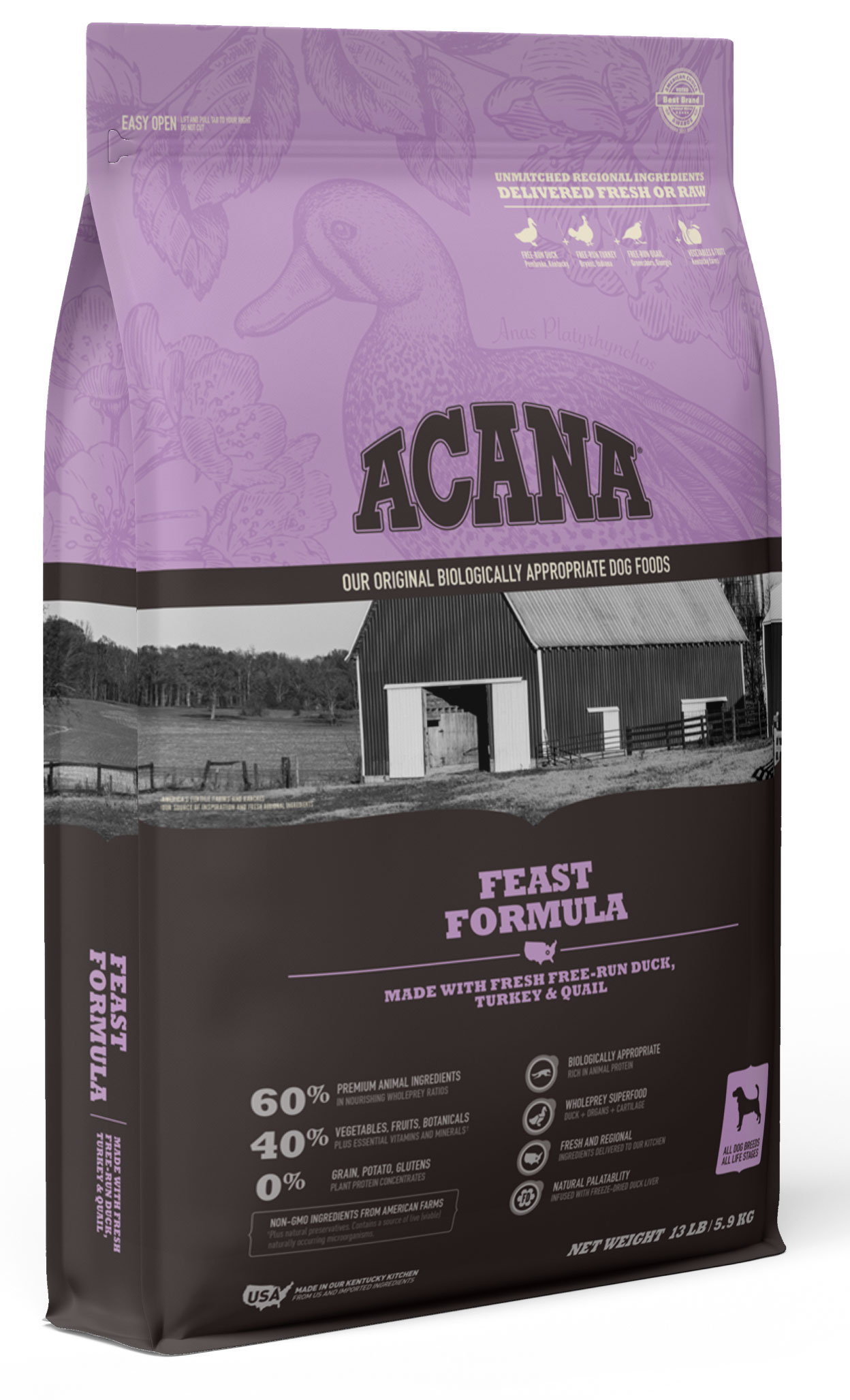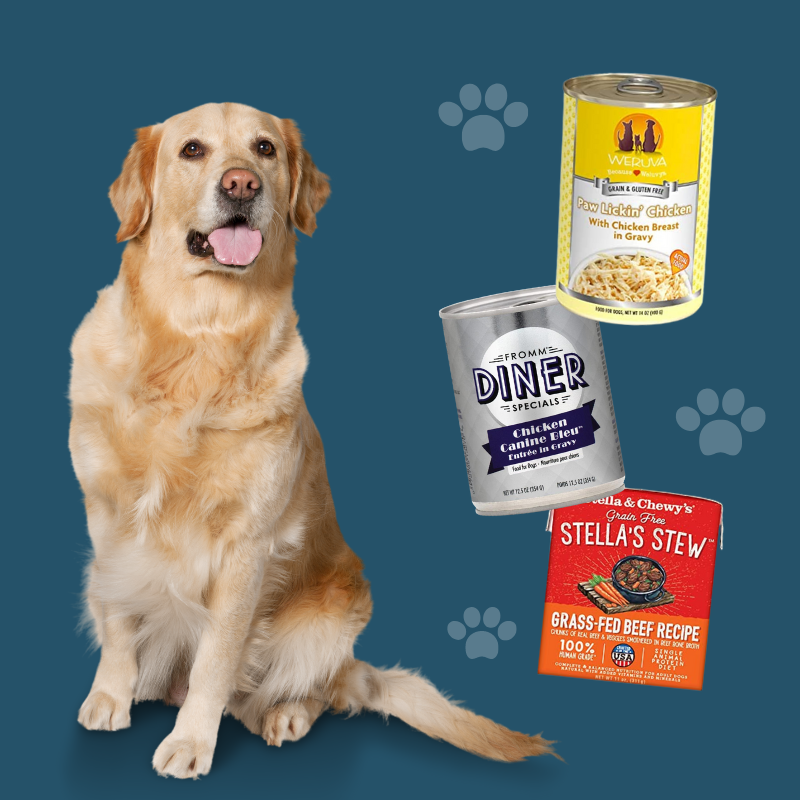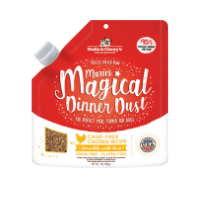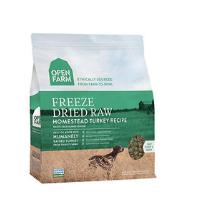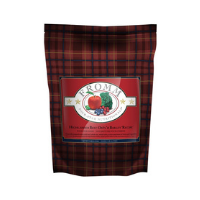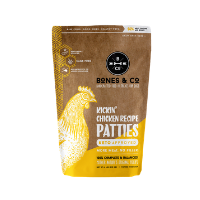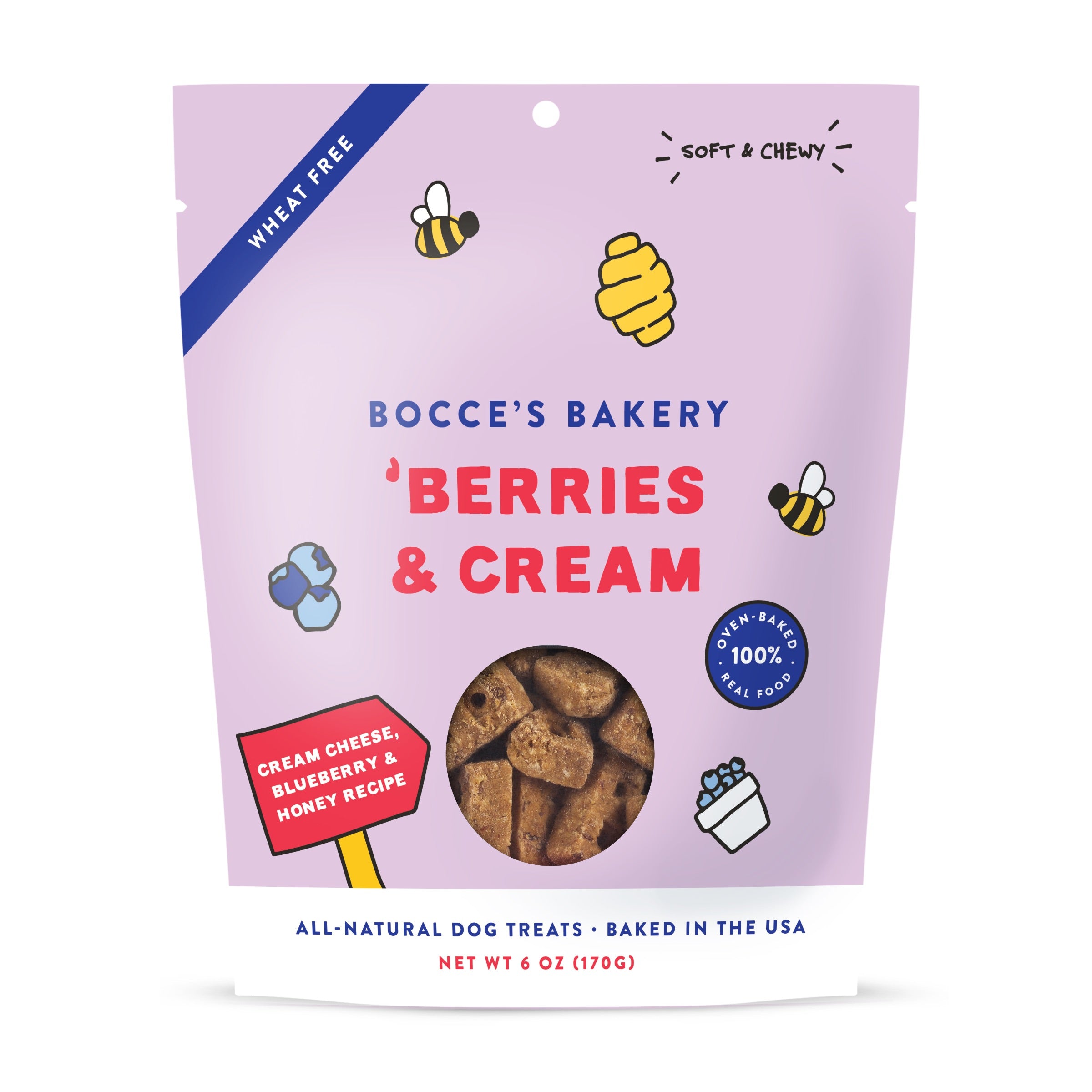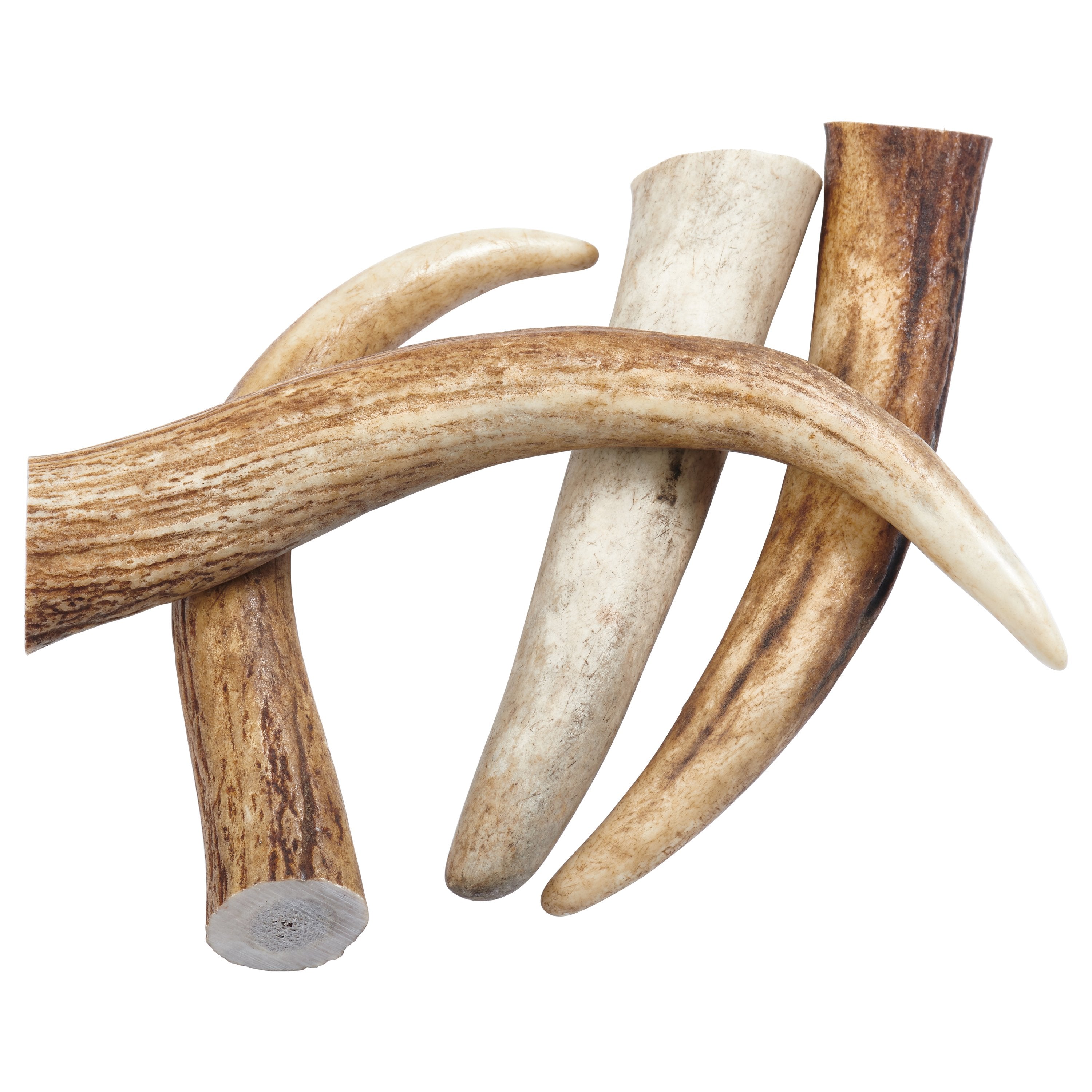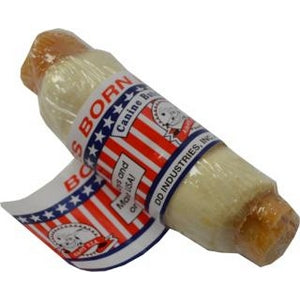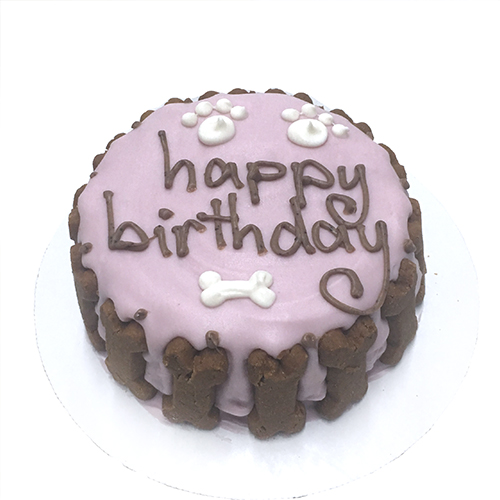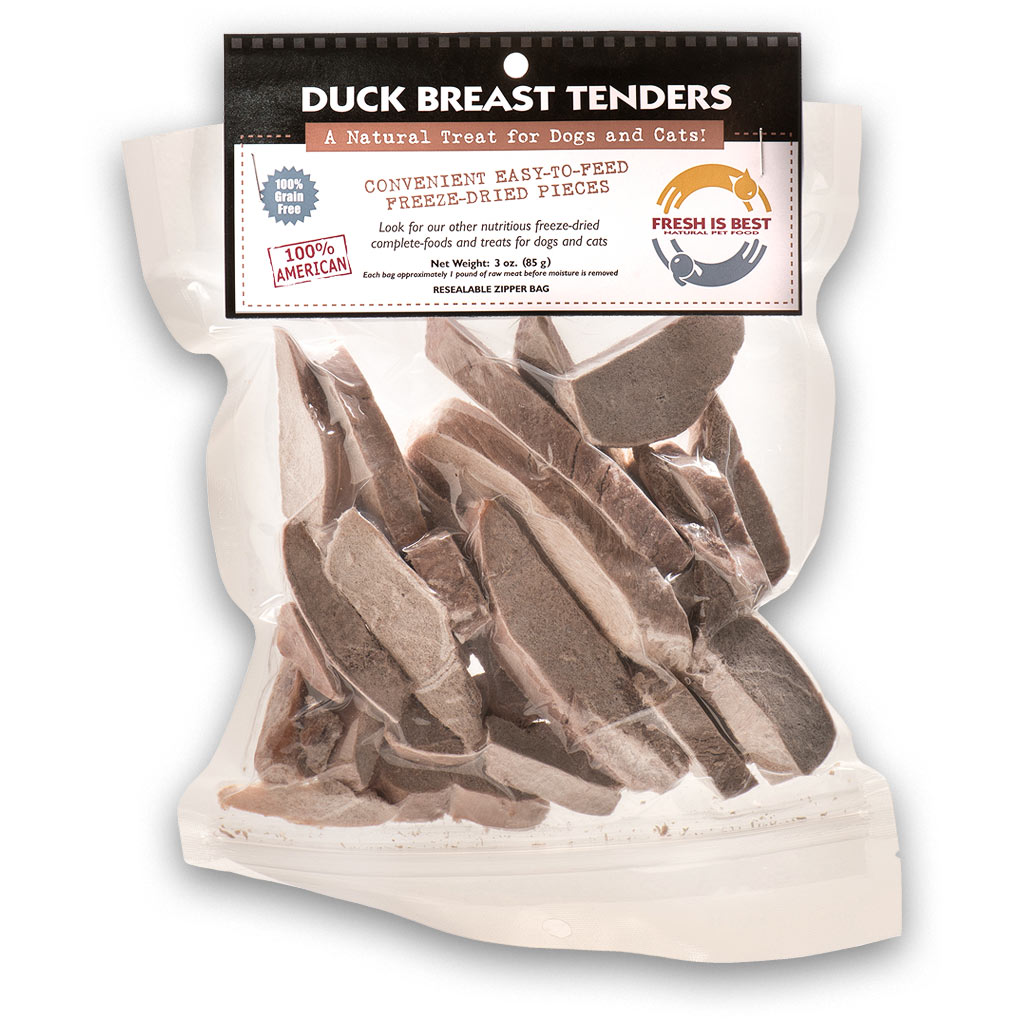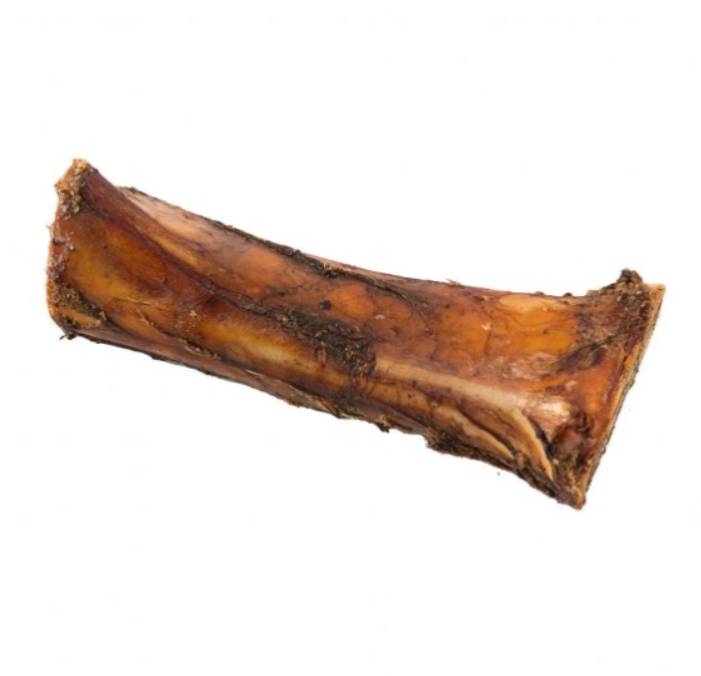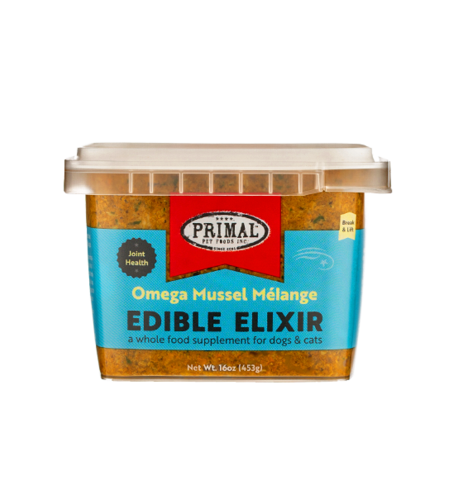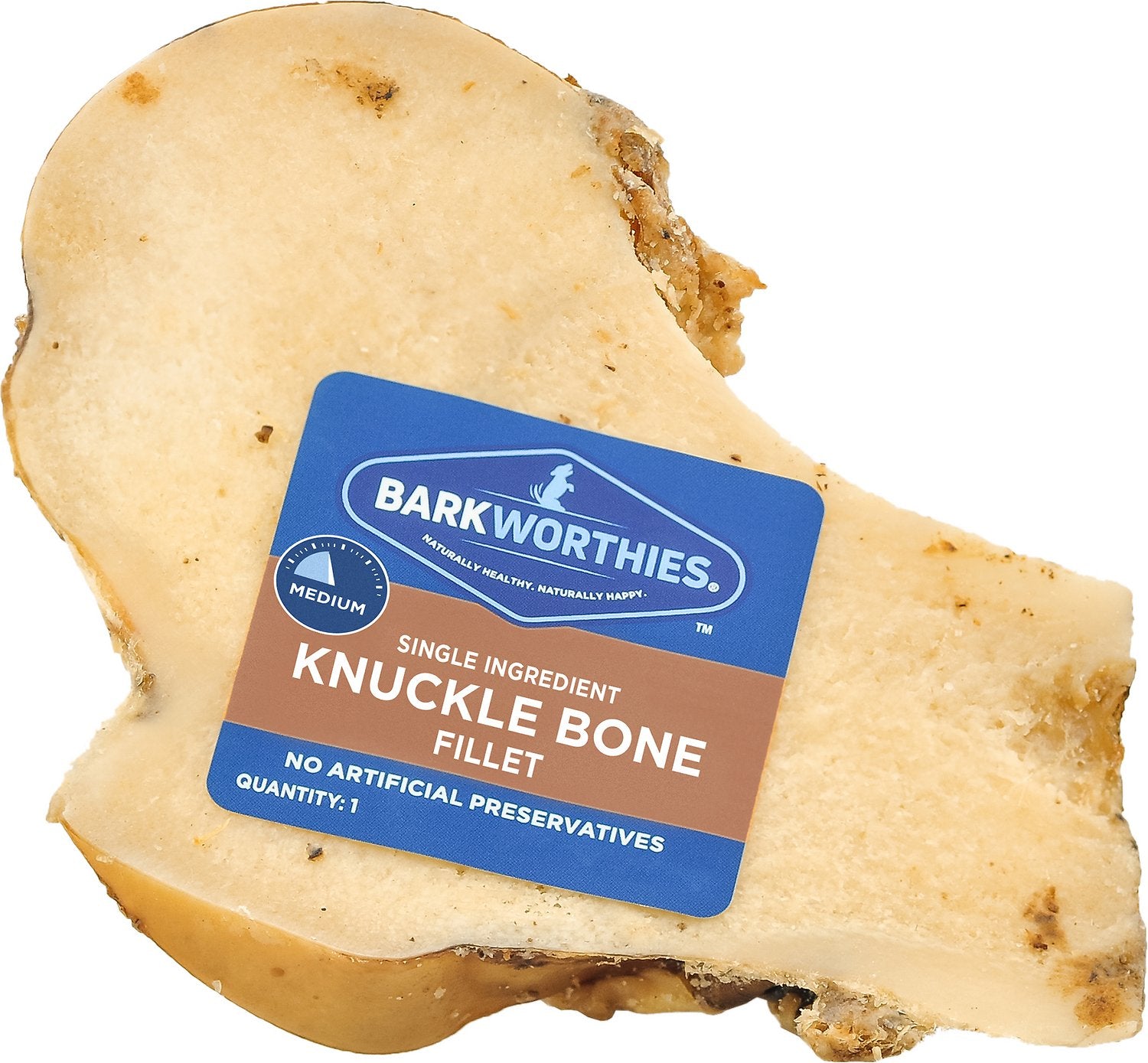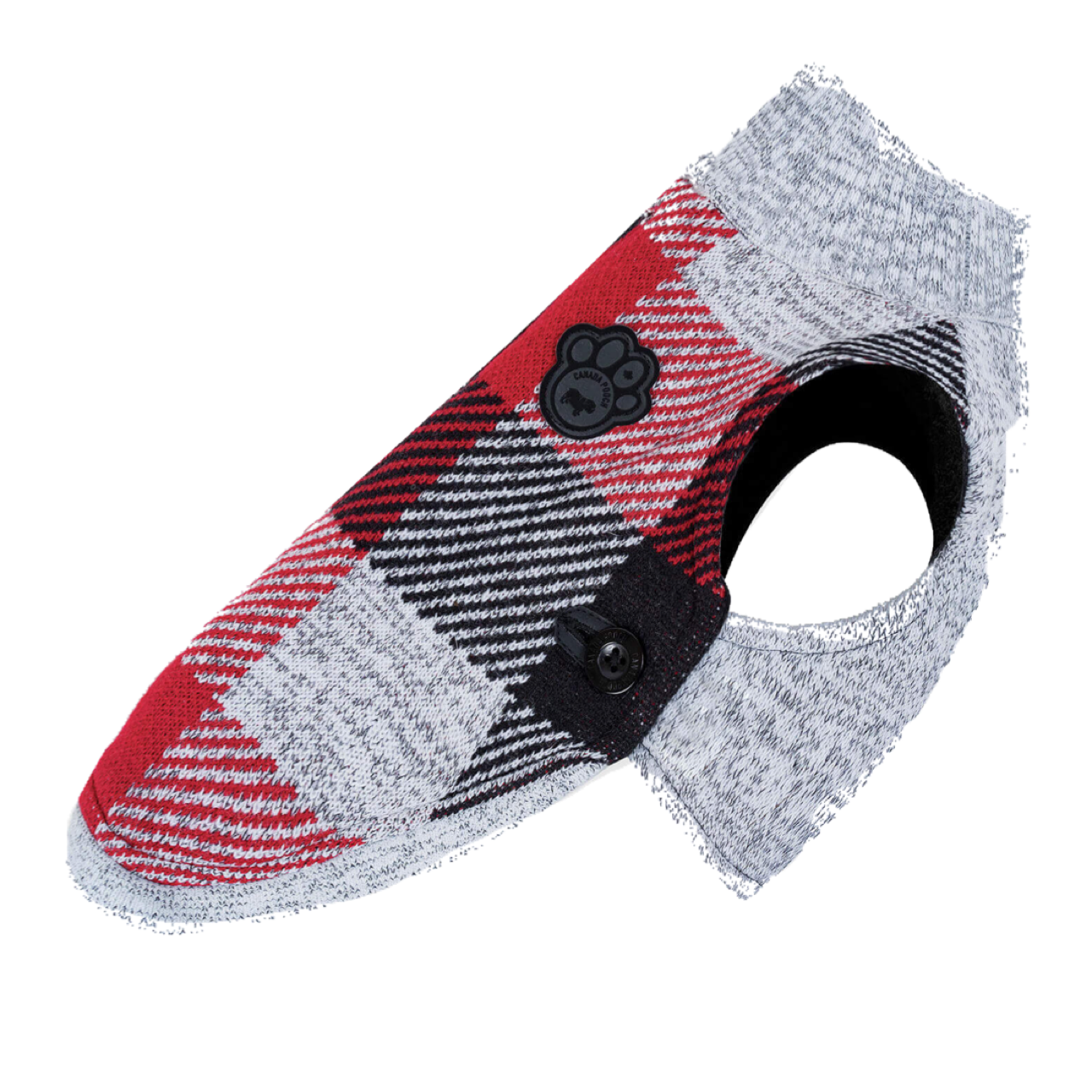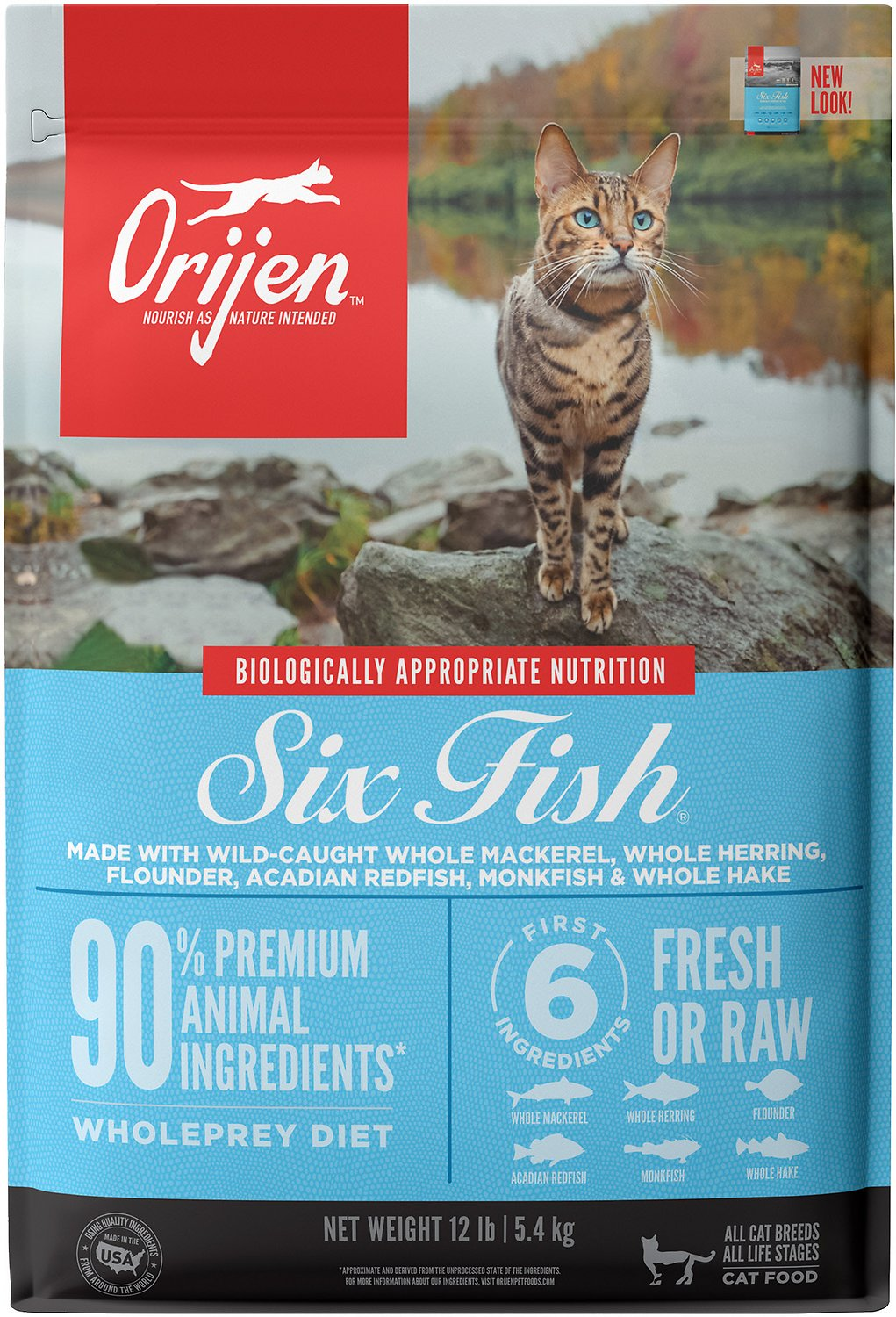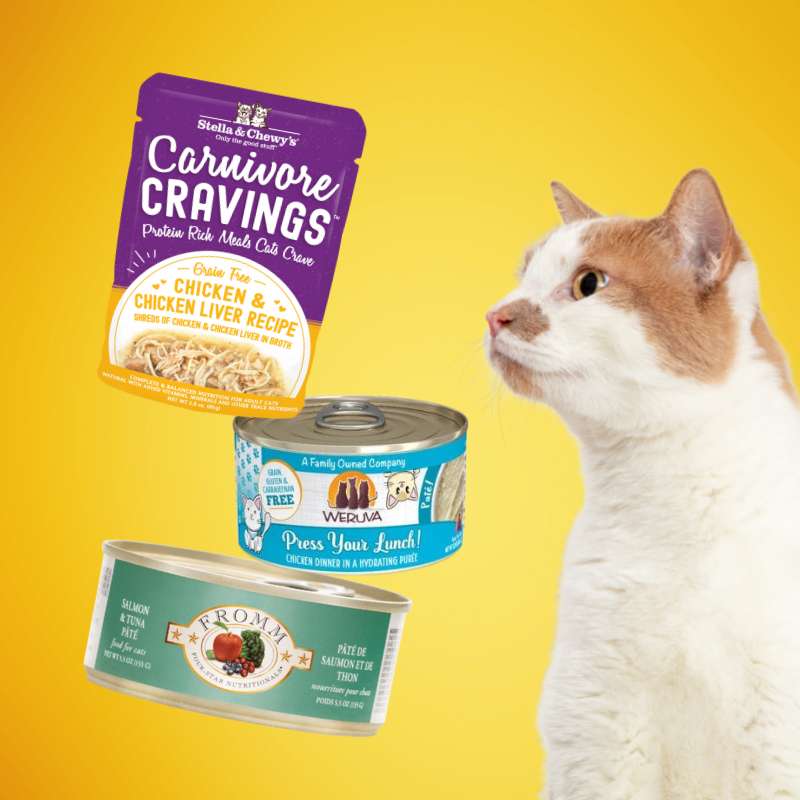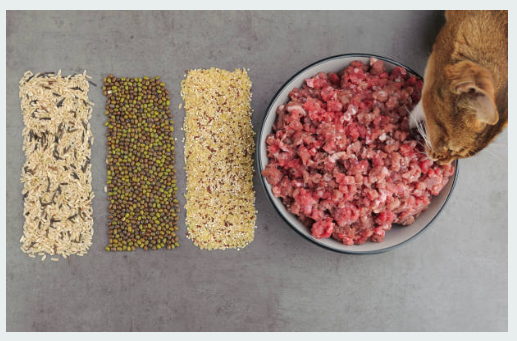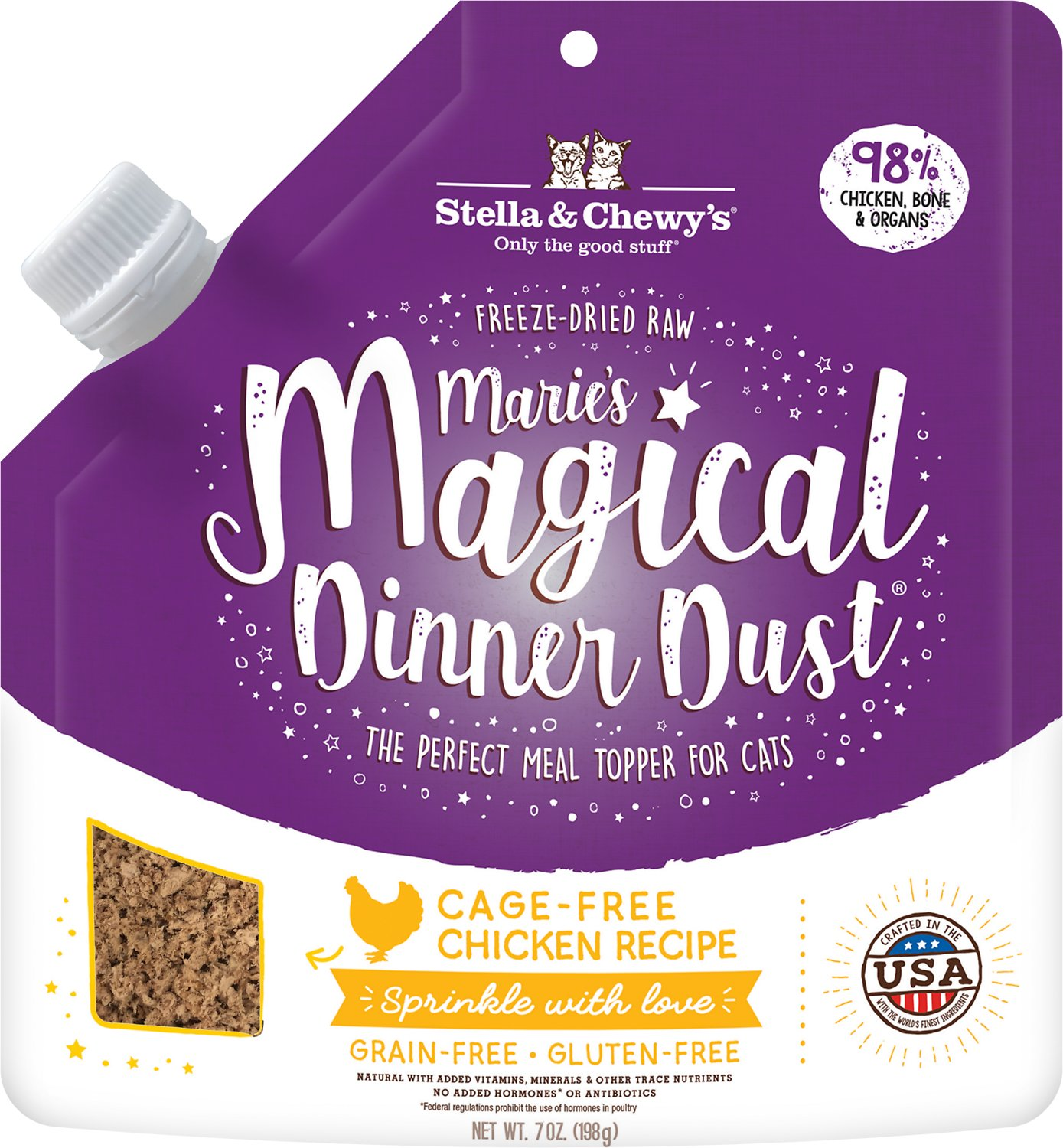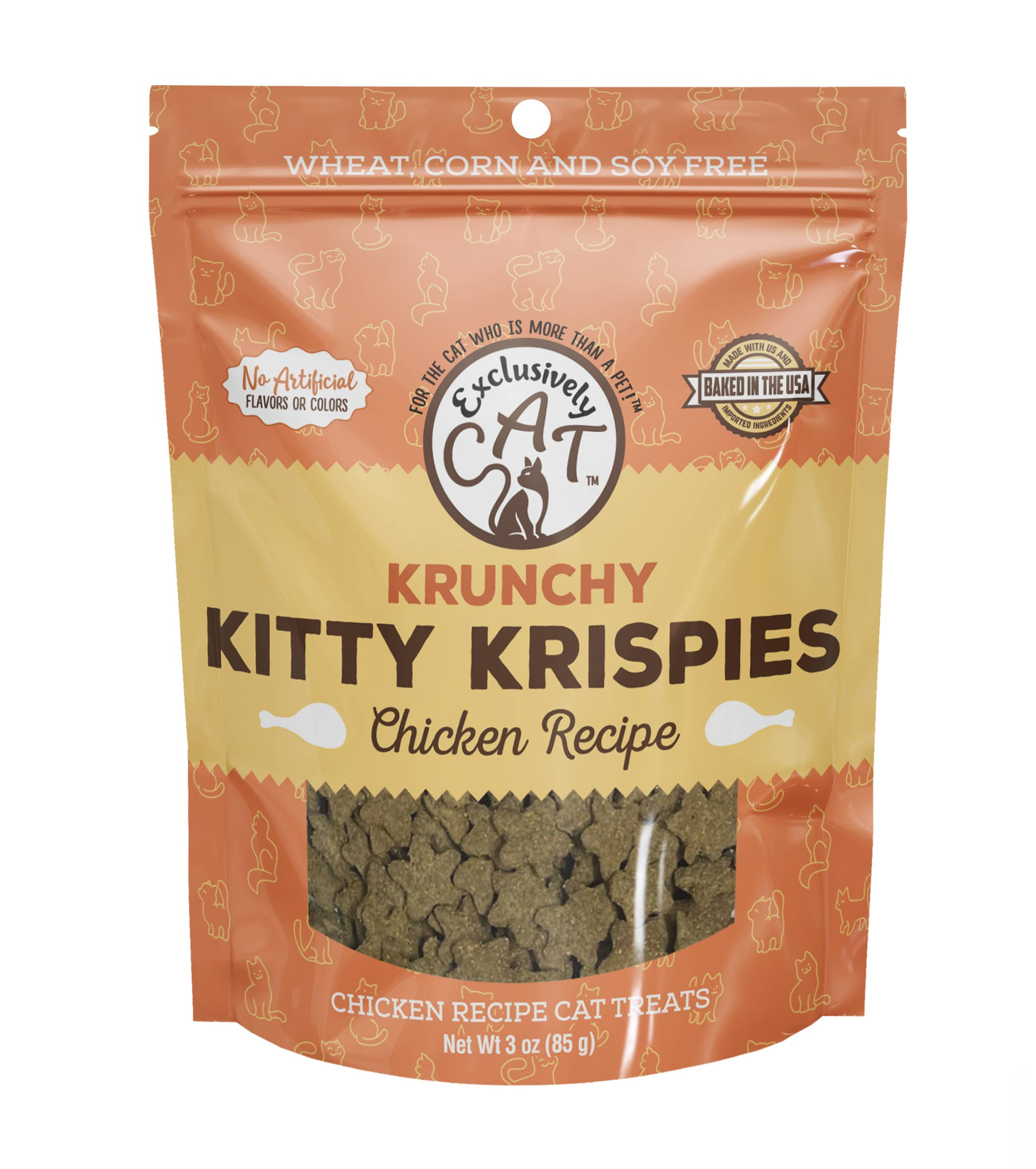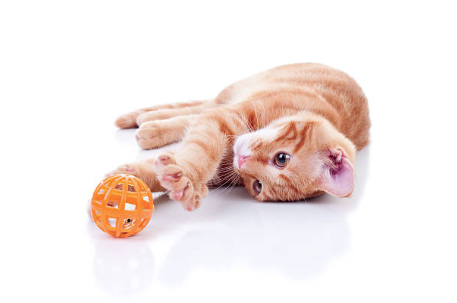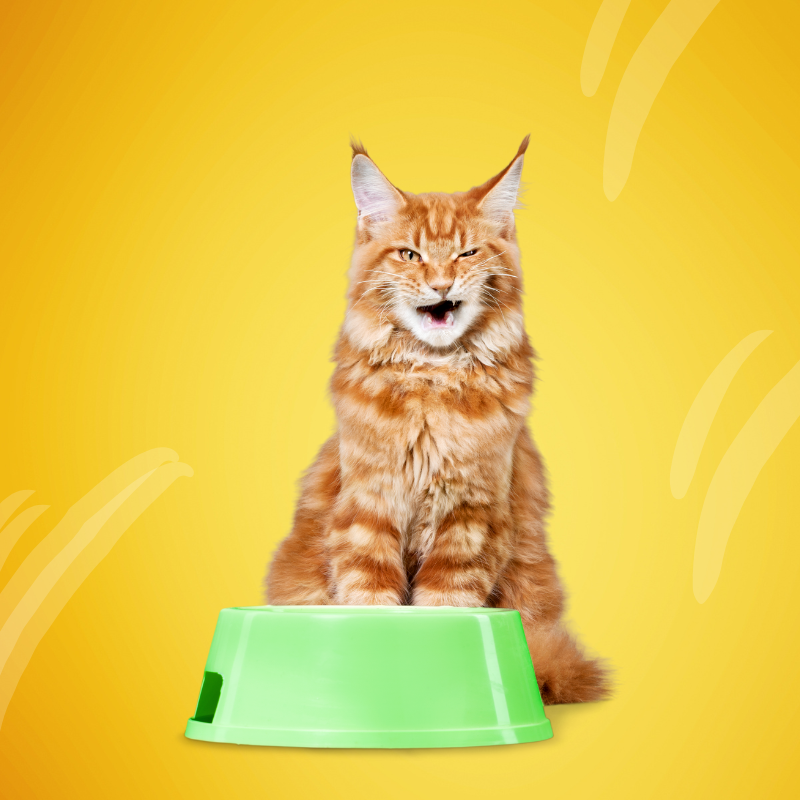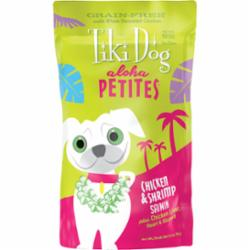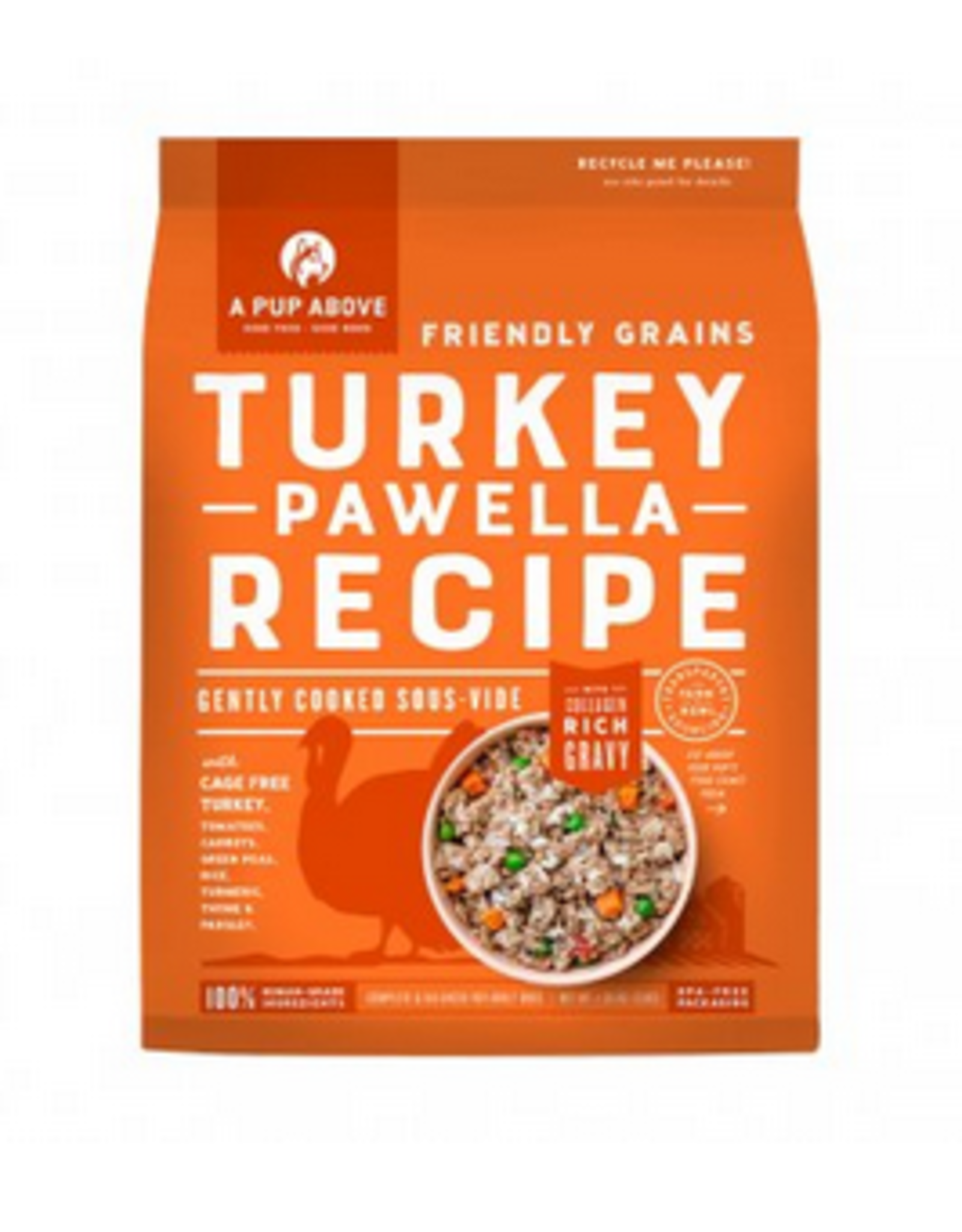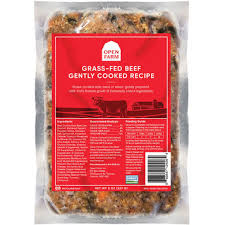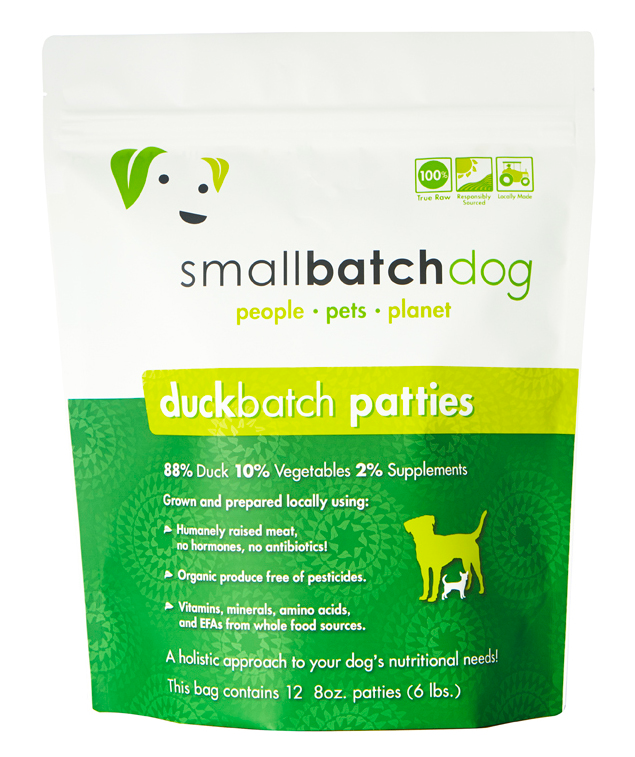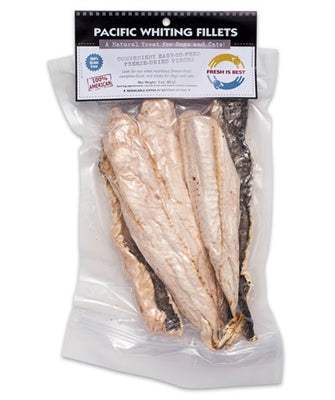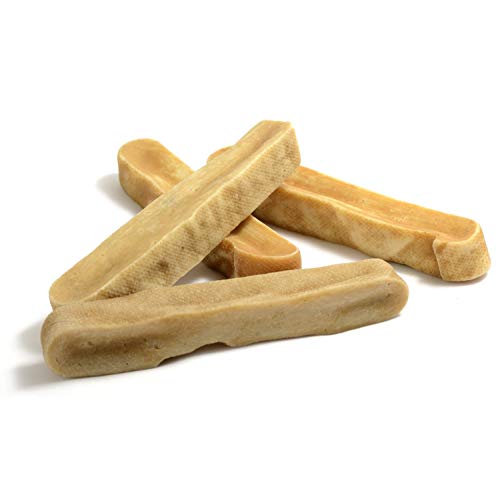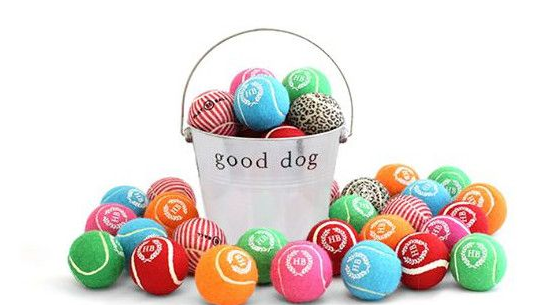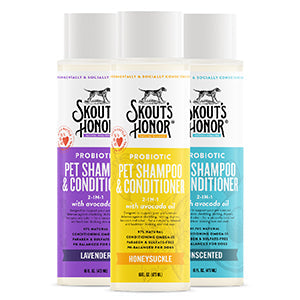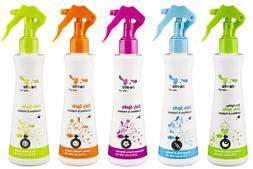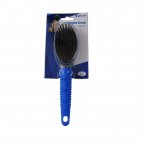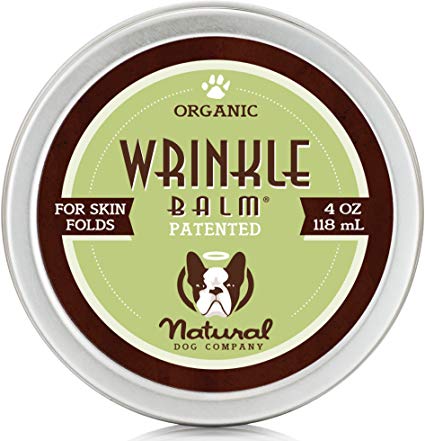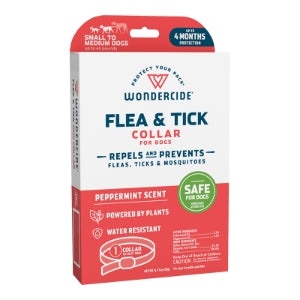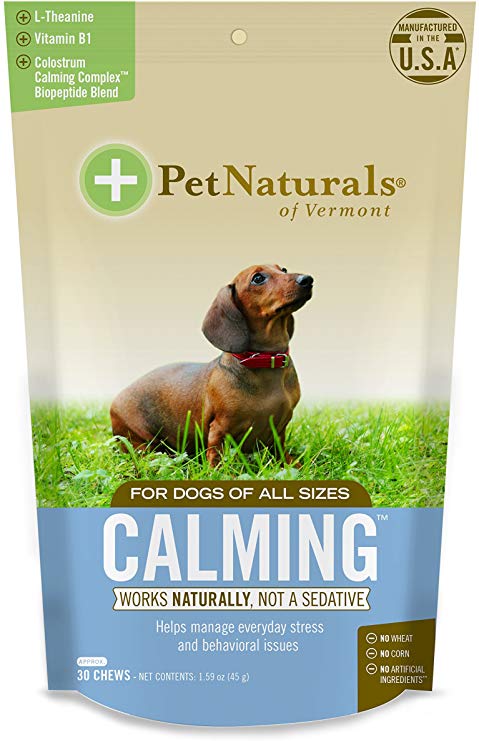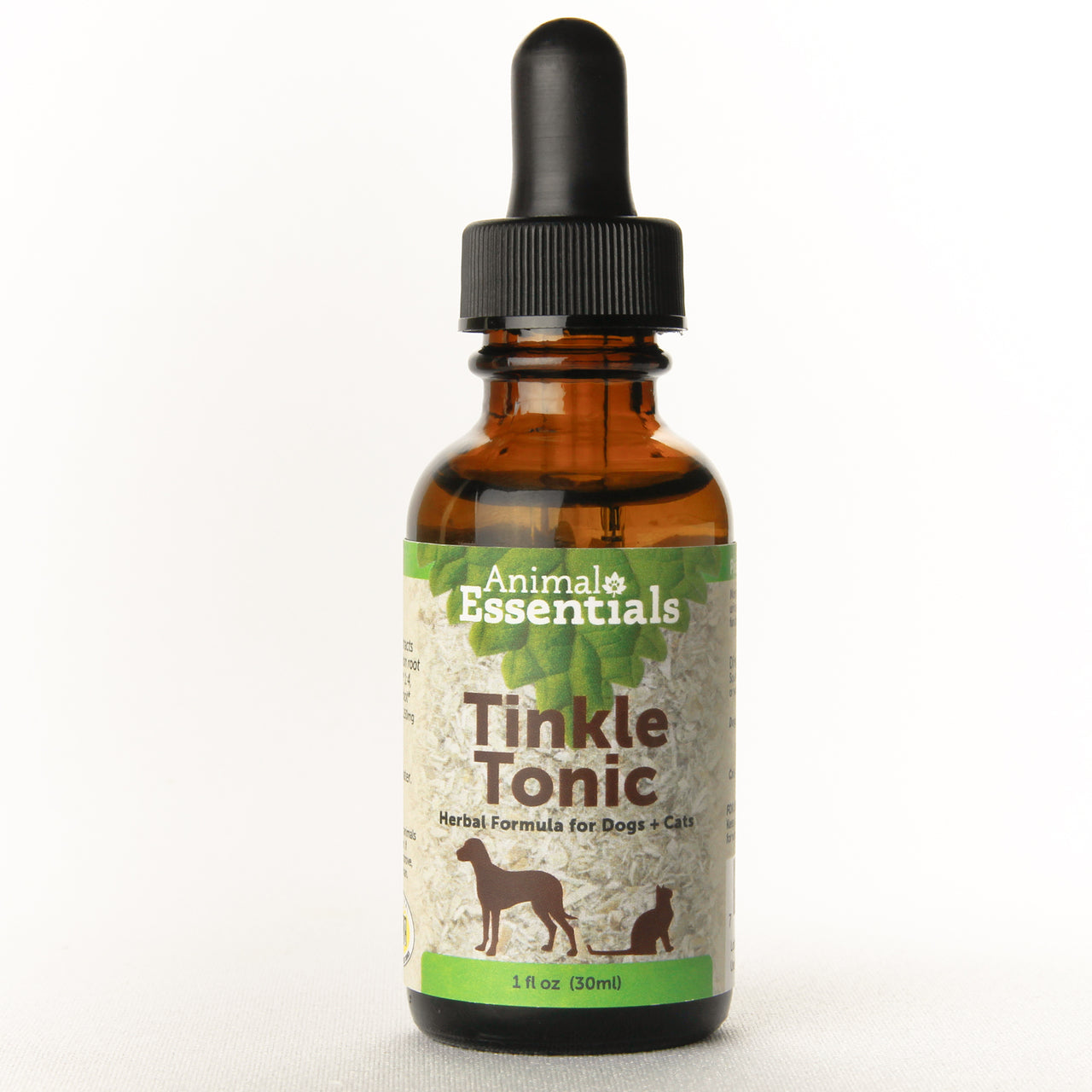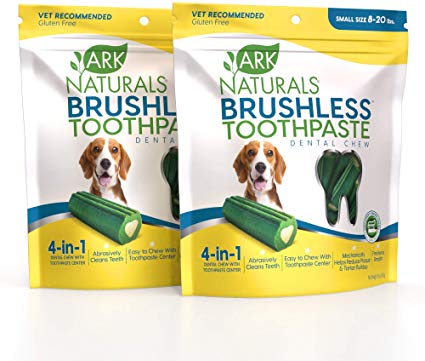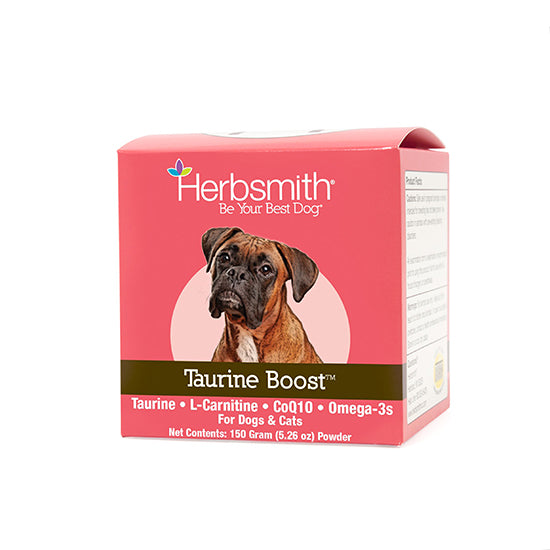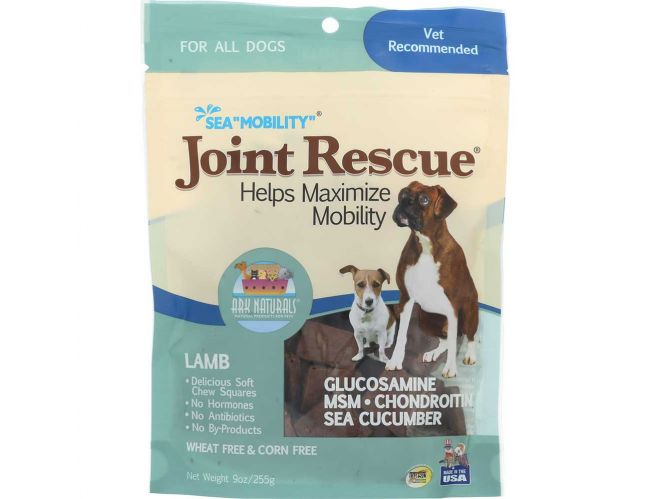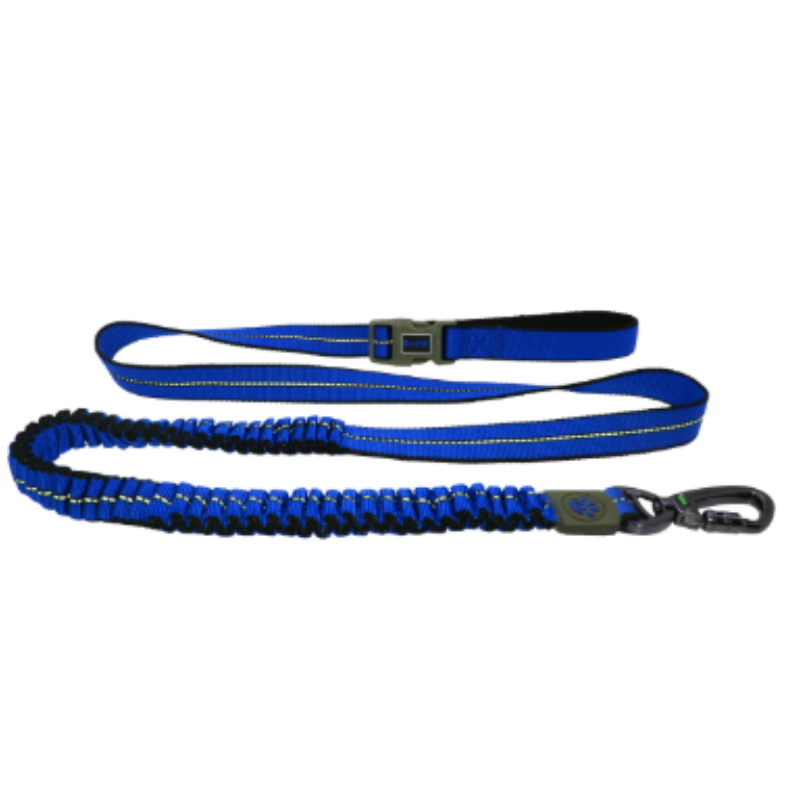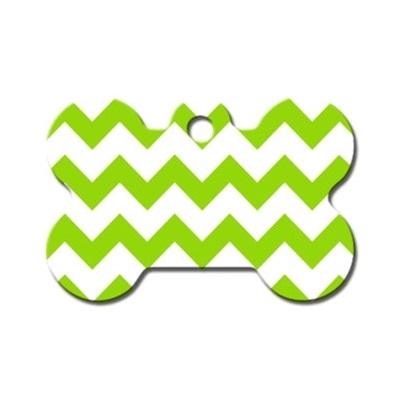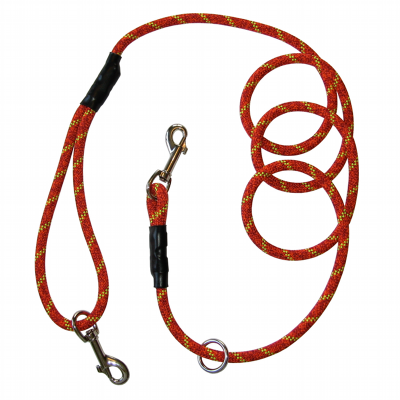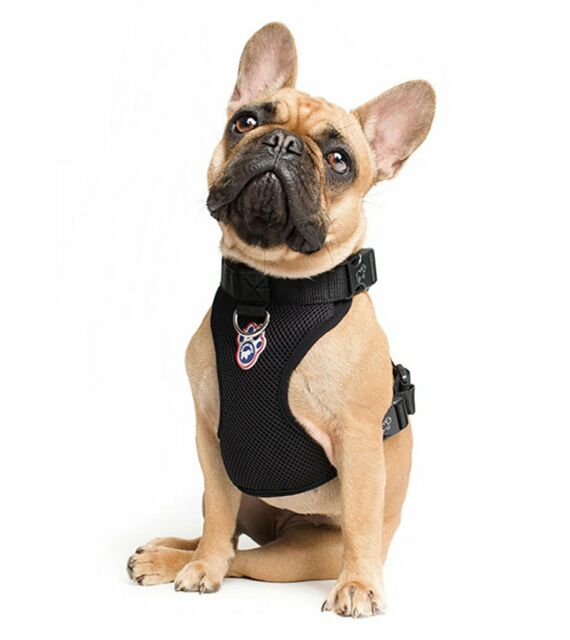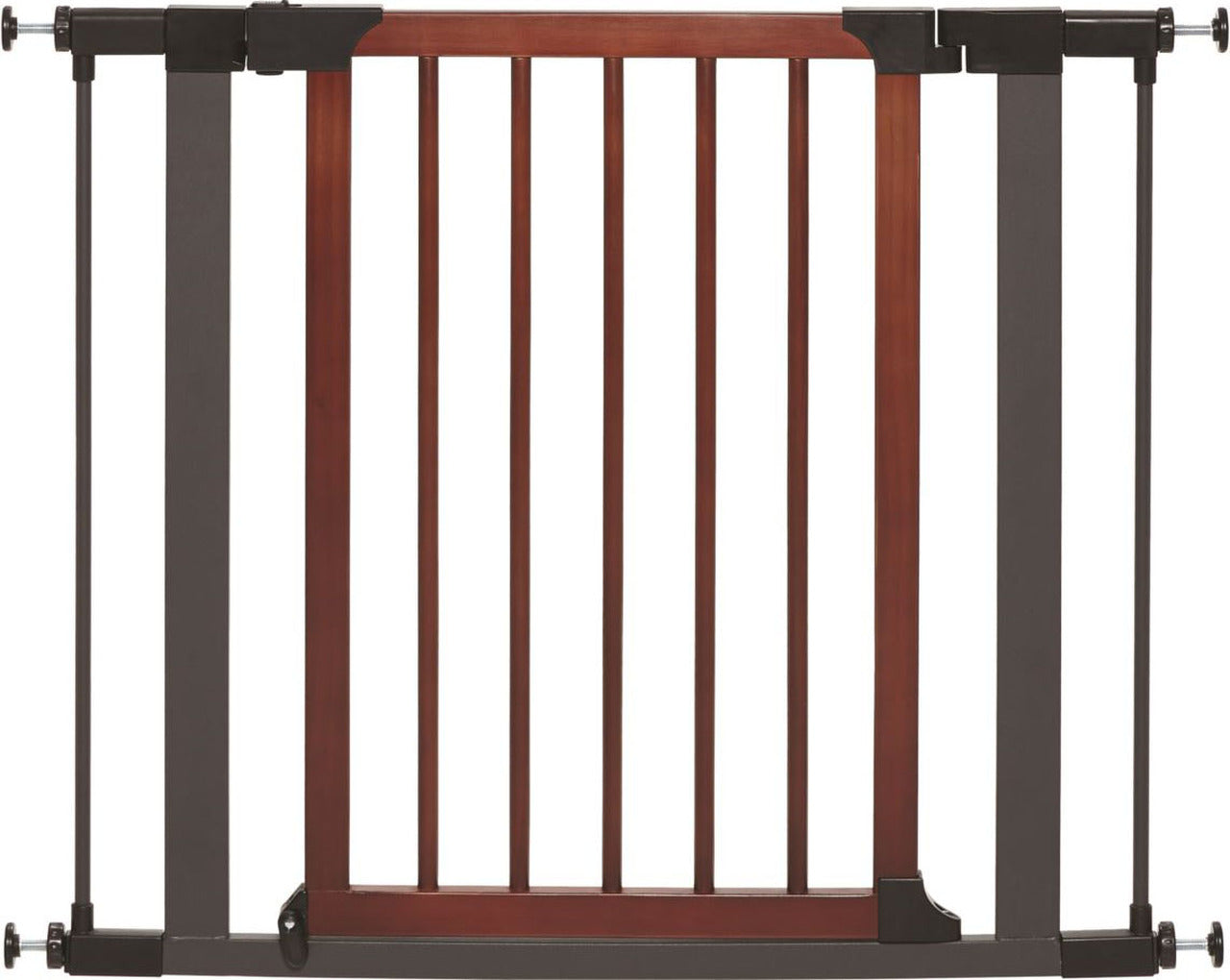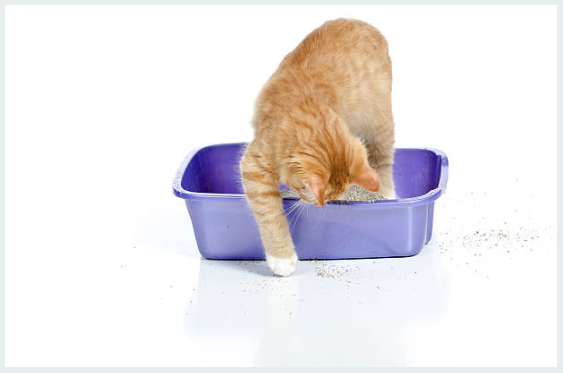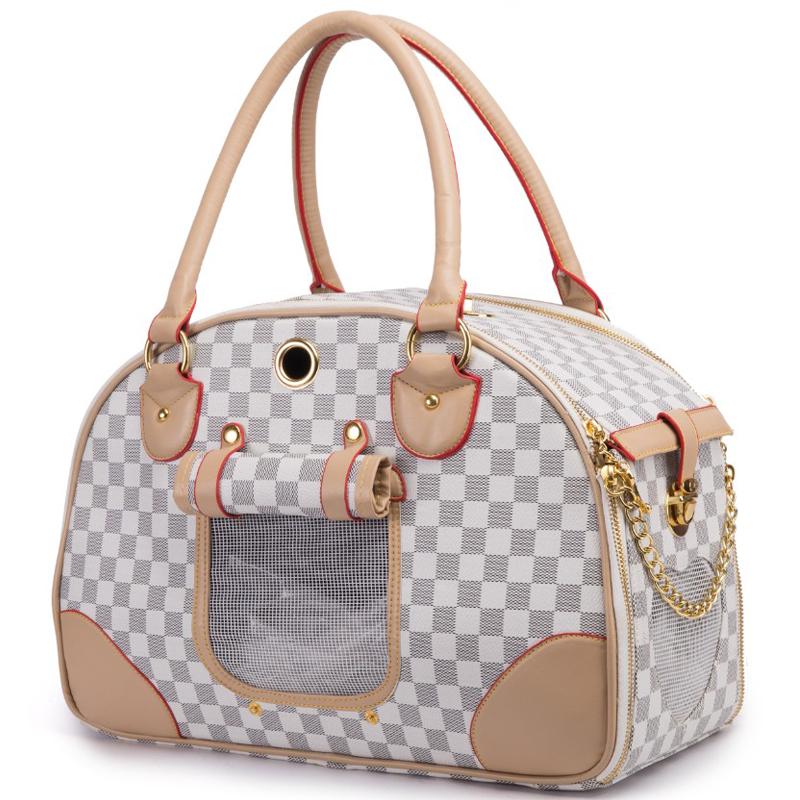Dental problems can be a cause or a warning sign of other health problems. According to the AVMA, periodontal disease is the most common dental condition in dogs and cats. By age 3, a whopping 80% of dogs and 70% of cats have some form of periodontal disease.
The trouble begins when plaque hardens into tartar, and plaque builds up on your dog’s or cat’s teeth every day. A combo of teeth brushing and healthy chews will go a long way in maintaining your companion’s overall health and life. The ideal would be to brush everyday, but we realize that’s not always realistic. Aim for at least three times per week.
We all brush our teeth twice a day, everyday, but what about our pets? Dogs and cats also need their teeth brushed every day. It might sound silly, but brushing their teeth is the best way to fight dental disease. Slowly and gently brushing their teeth and gums until you’ve covered their entire mouth works best. Aiming for at least 3 times per week is one of the best ways to prevent periodontal disease.
Not every pet is a fan of getting their teeth brush, and luckily there are many other ways to fight tooth decay. Brushing alternatives such as no-brush foams, sprays, and water additives are another great way of helping your pet keep their mouth healthy.
Dental chews are the most common of pet dental regiments. You can find dental chews and treats for dogs and cats. Dental chews such as Whimzees or Ark Naturals Brushless Toothpaste chews help reduce the plaque that builds up on their teeth.
Giving your cat or dog a raw diet helps remove some of the causes of plaque buildup. Most kibble has starches in it which contributes to the buildup of plague. Feeding a raw diet such as Primal’s raw diet options as well as Vital Essentials freeze dried and frozen pet food helps aid in digestion, oral health, coat health, and overall organ health.
Giving your pet a toy to chew on helps stimulate their gums and clean their teeth. Dog can handle harder toys such as nylon chew toys and frozen bones. However, cats can only handle toys as strong as your fingernail. Giving your pet a toy to chew on and play with is always a great way to supplement teeth cleaning.
Your pet’s teeth should be checked at least once a year by your Vet.
Signs to get your pet’s teeth checked sooner:
- Bad breath
- Broken or loose teeth
- Extra teeth or retained baby teeth
- Teeth that are discolored or covered in tartar
- Abnormal chewing, drooling, or dropping food from the mouth
- Reduced appetite or refusal to eat
- Pain in or around the mouth
- Bleeding from the mouth
- Swelling in the areas surrounding the mouth
For more ideas and supplies check us out online or in store!



